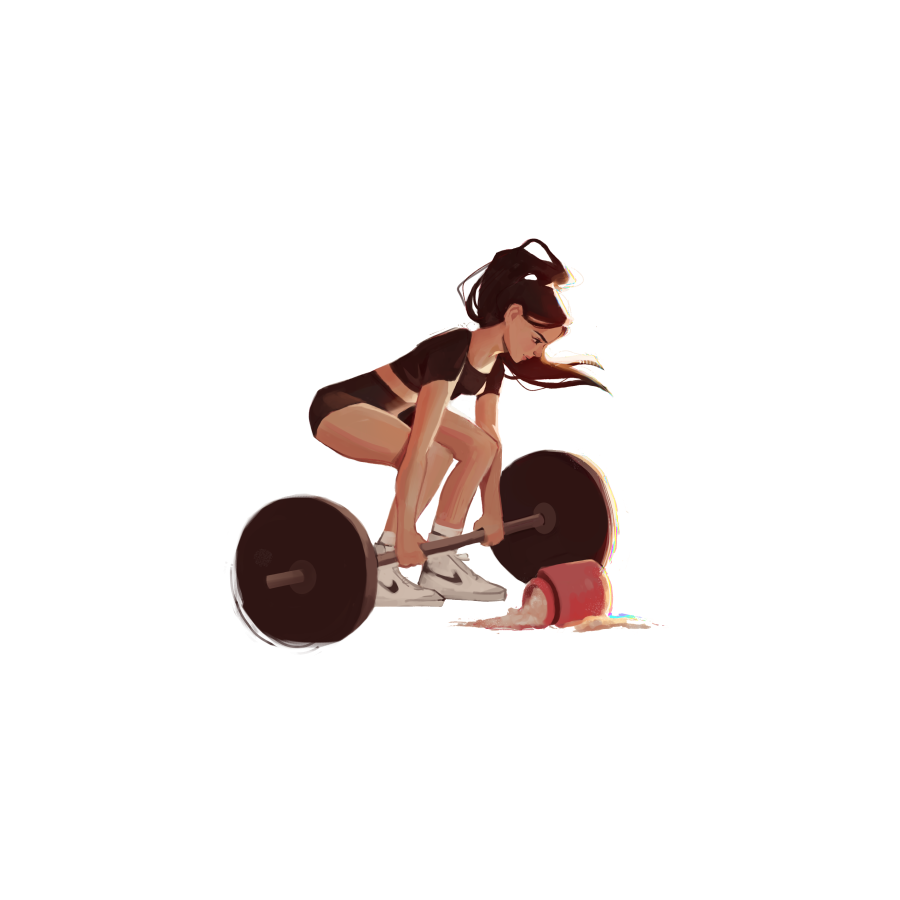Although creatine is a naturally occurring protein in human muscles, many student-athletes take creatine supplements to aid their athletic performance and increase strength.
Sports Medicine and Physical Education teacher Stacey Kofman said these kinds of supplements may be unnecessary, though, because people can get creatine through a diet rich in animal products, but this can present problems for those who don’t eat meat on a regular basis.
“Creatine is found in seafood and red meat so for vegetarians and vegans, taking creatine is more beneficial since they are not accessing the amino acids of protein in foods,” Kofman said.
Kofman also said, “People want to see the gains sooner than later. Most people aren’t needing to use supplements like creatine as they are not involved in high-intensity intermittent activities during training and competition such as water polo (and) wrestling. The second is that they see their friends or their peers taking it, and they want to take it, so they aren’t left out.”
Creatine supplements come in many forms including powder, tablets, and energy bars, and are available through many online supplement stores, pharmacies, and grocery stores. Kofman said creatine’s wide availability and the supplement’s efficacy has led to increased popularity among athletes.
“These are all tested so you know that can be taken,” Kofman said. “They’re not harmful to the body.”
Senior Caleb Chan, a former basketball player who lifts weights five days a week, said he regularly takes creatine to enhance his performance for lifting and beyond.
“Creatine also provides energy for activity and function and helps me maintain a healthy body weight and body fat percentage,” Chan said.
For athletes who follow strenuous training, creatine can decrease recovery time and encourage muscle growth.
Chan said he experienced the benefits soon after taking the supplement.
“I started seeing a difference maybe in three weeks,” Chan said. “I can do workouts more frequently without feeling sore.”
While Chan said taking creatine offers many benefits, as Kofman said, most athletes can get the creatine they need through a proper diet.
In addition, Kofman said athletes should ensure they get enough rest and give themselves time to recover to avoid injuries and negative effects.
“It is important that you take days off in your workout routine, and that you don’t overload every day because you will break down,” Kofman said.
Sophomore Christopher Nucamendi, who plays lacrosse and varsity football said he has been taking creatine since his freshman year.
While Nucamendi said he saw results after taking it for a month, he also experienced side effects. Common side effects include dehydration, stomach discomfort, and muscle cramps.
“If I didn’t drink enough water during practice, I would get non-stop cramps,” Nucamendi said. Kofman said it’s important for students to take care of their bodies when using supplements.
“Just be smart about it,” Kofman said. “If you start to cramp when taking creatine, you’re taking too much, or you’re not hydrating enough.”


Jonathan Wilson • Nov 9, 2022 at 3:05 am
Appreciating the time and effort you put into your website and in depth information you offer. Very clear explanation. You’ve really covered up almost all the possible info that every athlete should follow. Worth sharing! Please continue sharing your updates! Thanks a lot!